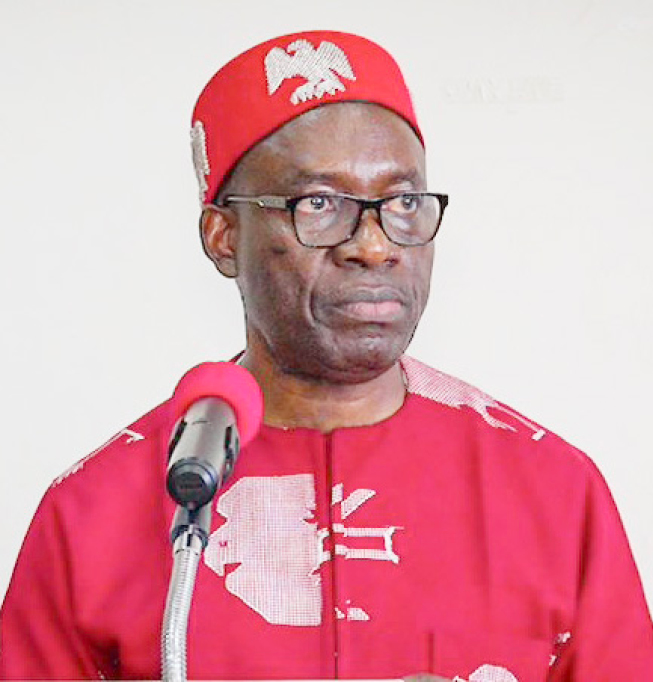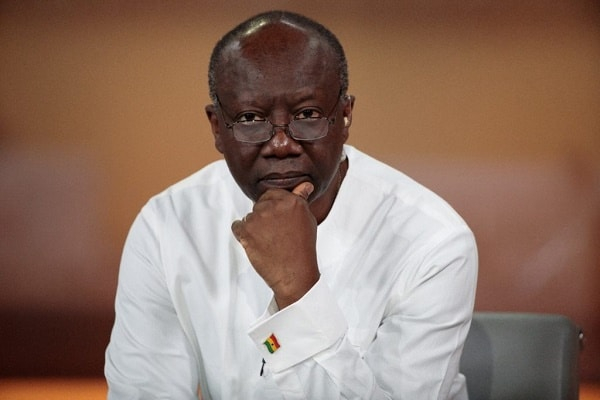Bill Gates' $200 Billion Pledge to Africa
On June 2, 2025, the Nelson Mandela Hall in Addis Ababa, Ethiopia, buzzed with anticipation as Bill Gates, Chair of the Bill & Melinda Gates Foundation, delivered a powerful address marking the foundation’s 25th anniversary of work in Africa. Streamed live by Africa.com, the event drew over 12,000 attendees, including government officials, health workers, youth leaders, and global diplomats, both in person and online. Gates’ message was clear: Africa stands at a pivotal moment, and its leaders must harness innovation and partnerships to accelerate progress in health and development despite global challenges.
The centerpiece of Gates’ address was a staggering announcement: the majority of his $200 billion pledge, to be distributed over the next 20 years, will be dedicated to Africa. This landmark commitment, first revealed on May 8, prioritizes nations that invest in the health and well-being of their citizens. “I recently committed to giving away my wealth over the next 20 years. The majority of that funding will be spent on helping you address challenges here in Africa,” Gates declared, cementing the foundation’s long-term partnership with the continent.
This unprecedented investment aims to save lives, reduce preventable maternal and child deaths, combat infectious diseases, and pave the way for prosperity. The pledge builds on the foundation’s two-decade legacy in Africa, which has already saved over 80 million lives through initiatives like Gavi and the Global Fund to Fight AIDS, Tuberculosis, and Malaria, while catalyzing over 100 healthcare innovations.
Gates emphasized that Africa’s future hinges on unlocking human potential through health and education. “Every country in Africa should be on a path to prosperity,” he said, calling for robust primary healthcare systems as the bedrock of progress. He highlighted the critical need for maternal and child nutrition, particularly in the early years, to ensure lifelong health and productivity.
A standout theme was the transformative potential of artificial intelligence (AI) in African healthcare. Gates pointed to Rwanda’s pioneering use of AI-enabled ultrasound to detect high-risk pregnancies, a model that could revolutionize women’s health across the continent. “Africa’s youth are already embracing AI to solve local problems,” he noted, urging leaders to scale such innovations. This focus on AI aligns with the continent’s growing tech ecosystem, positioning Africa as a hub for homegrown solutions.
Gates spotlighted countries like Ethiopia, Rwanda, Zimbabwe, Mozambique, Nigeria, and Zambia for their bold leadership in reducing child mortality and expanding health services. “When leadership and innovation come together, even the most challenging circumstances can yield scalable solutions,” he said. Ethiopia’s iodine-folic acid double-fortified salt initiative and Nigeria’s primary healthcare reforms were cited as examples of data-driven, impactful policies.
The address was followed by a fireside chat with Dr. Paulin Basinga, the Gates Foundation’s Africa director, where they explored the investments and collaborations needed to sustain progress. Prominent voices, including Dr. Ngozi Okonjo-Iweala, WTO Director-General, and Amina J. Mohammed, UN Deputy Secretary-General, echoed Gates’ call for shared responsibility. Mrs. Graça Machel, a revered advocate for women and children, praised Gates’ “deep understanding of African challenges” and his respect for local leadership, urging continued partnership in this “moment of crisis.”
Gates’ address coincides with his ongoing visit to Ethiopia and Nigeria, where he is engaging with leaders and scientists to advance health priorities. In Ethiopia, he met Prime Minister Abiy Ahmed and joined a roundtable with the Ethiopian Public Health Institute to discuss innovative nutrition programs. In Nigeria, Gates will meet President Bola Ahmed Tinubu to explore primary healthcare reforms and collaborate with local experts on AI-driven healthcare solutions.
These visits underscore the foundation’s hands-on approach, as Gates seeks to understand the evolving landscape of foreign aid and its implications for African development.
For over 20 years, the Gates Foundation has worked closely with African partners to drive transformative change. Gates reaffirmed this commitment, stating, “Our foundation has an increasing commitment to Africa. We’ve been here for over 20 years, and we will continue to work side by side with you to build a healthier and more prosperous future.”
The address at Nelson Mandela Hall was more than a celebration of past achievements; it was a rallying cry for African leaders, innovators, and global partners to seize this moment. With $200 billion on the table and a vision for AI-powered, health-driven prosperity, Gates has set the stage for a new era of collaboration and transformation across the continent.










